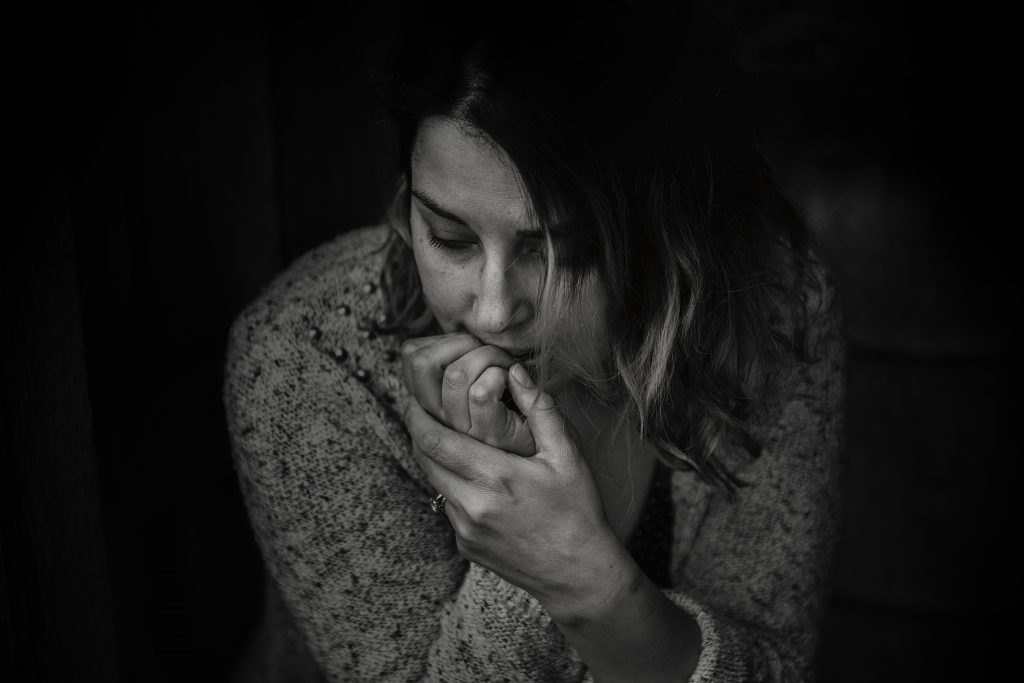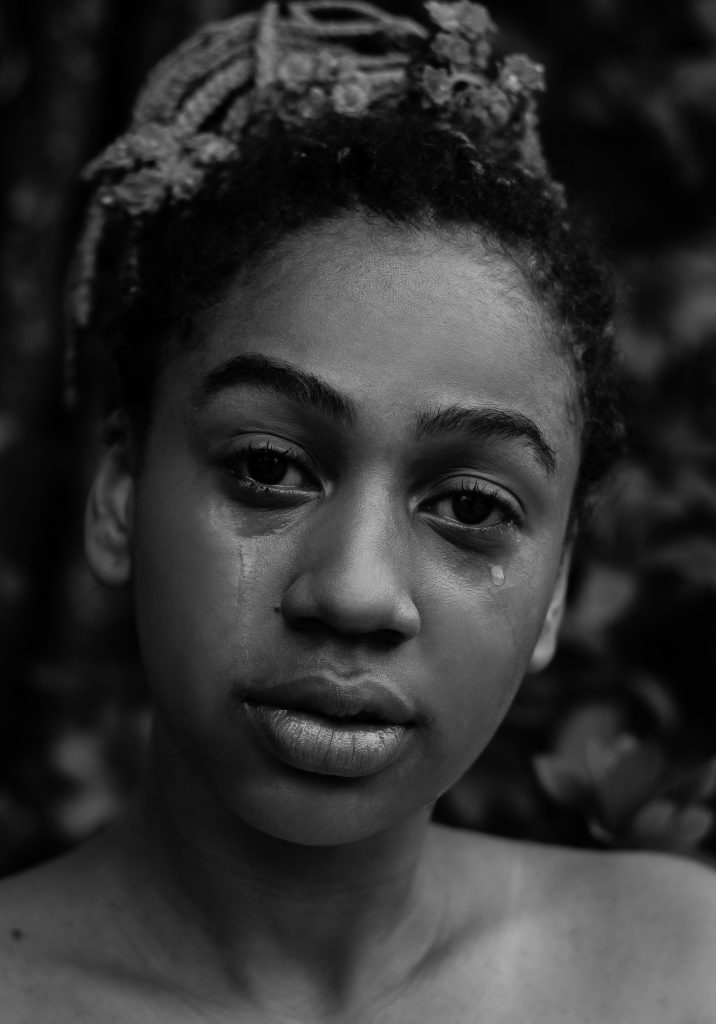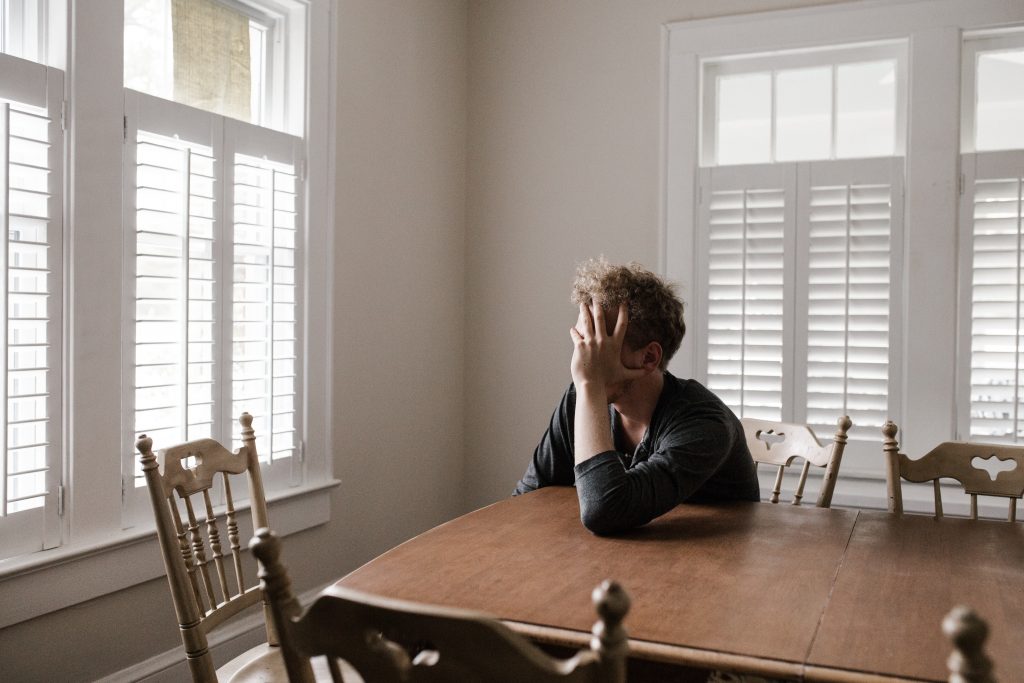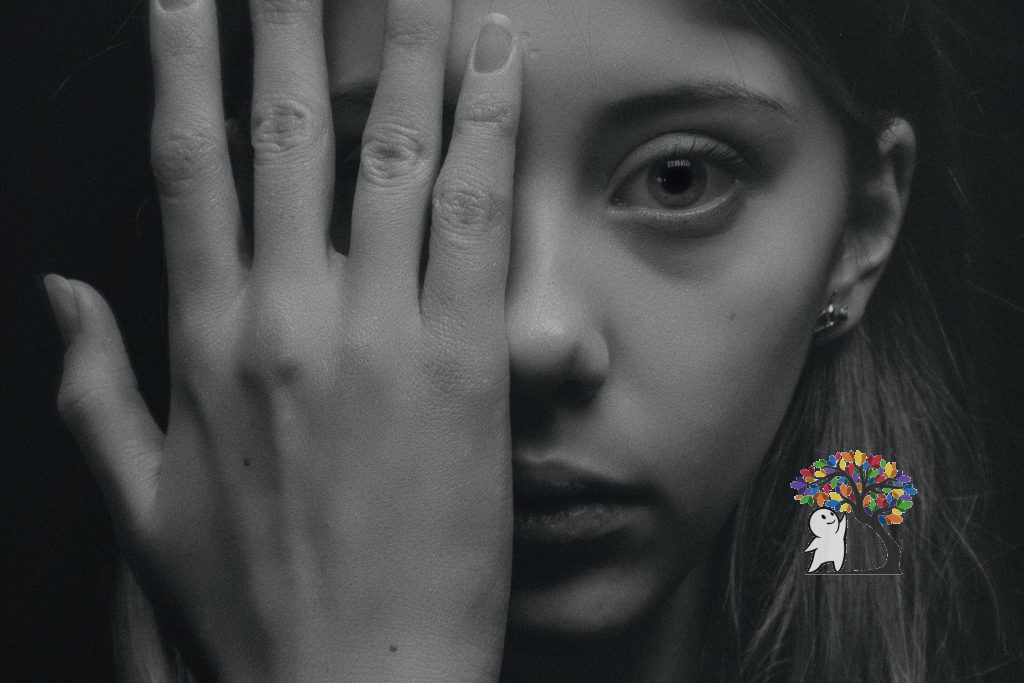8 Signs Someone Is In A Dark Place (and may need your help)

Hey, Psych2Goers! Before we get started, this is a disclaimer that this article isn’t meant to diagnose, treat, or cure anyone. It is for informative purposes only, so if you or someone you know may be struggling, we urge you to seek professional help from a therapist or another trusted professional.
Are you struggling with more than you let others see? In these trying times, everyone is going through more than they show. However, it can be easy to get so caught up in your own world that you forget about what others are going through. Whether it’s a colleague who recently got a demotion, a friend who is working through a breakup, or a sick relative, we can never know everything going on in someone’s life. Every once in a while, we all need a reminder to be mindful of our surroundings and empathetic to those around us. So, whether you have a specific person you’re worried about or not, here are 8 signs you should pay attention to that someone is in a dark place.

1. Their physical health is declining
Have they begun to exercise or eat less? Many people don’t want to mention when someone looks more exhausted or sickly out of fear of offending them. However, when someone starts to care less about their physical health, there’s probably something wrong. A recent trauma, crisis, or depression could be the cause, but there are many more possible reasons why as well. The only way to find out and help is to ask, so don’t be afraid to.
2. They haven’t contacted you in a while
When was the last time you talked to them? While drifting apart during a pandemic seems normal, if you look a little deeper, there might be some unknown reasons behind it. Whether it be due to fear of asking for help, being a burden, or seeming weak, people often distance themselves from others when they’re struggling. They might be going through financial, emotional, or physical difficulties, so don’t be afraid to reach out and offer your support. After all, needing help and encouragement is both normal and healthy since no one can do everything alone.

3. Losing interest in things they normally enjoy
Do they always love to cook but recently order fast food for most meals? People in a dark place tend to get lost in their heads, constantly spiraling through negative thought patterns. This can lead to losing interest in hobbies, routines, and interests they previously liked. Everyone needs things they enjoy doing outside of school and work, so someone without those activities may spiral even further. This can start a vicious cycle of losing interest in hobbies to becoming burnt out and overwhelmed with obligations, causing them to become even more exhausted of hobbies. If this sounds like someone you know, make sure you reach out to them and let them know they have a support system.
4. The last time you talked to them they seemed a little strange
Did they seem a little disconnected or distracted during your last conversation? The subconscious mind often picks up on these subtle emotions without you realizing it. You might be left with an odd, unfulfilled, or uncomfortable feeling after talking to someone secretly in a dark place. What you may not know is that your worried gut feeling is generally spot-on, meaning if you get it after talking to someone, there’s a good chance they need your help.

5. They’re acting hopeless
Have they begun to use phrases like, “What’s the point,” or, “Why bother?” While everyone feels hopeless from time to time, if someone is constantly talking this way, it’s a huge sign they’re in a dark place. The biggest difference between a mentally healthy person talking pessimistically and someone who is mentally unhealthy doing so is that a mentally healthy person knows deep down it isn’t hopeless. They’re using those phrases as a figure of speech to emphasize their bad day or off week However, someone in a dark place will constantly talk this way, and they truly believe deep down that things are hopeless. So, this describes someone in your life, please don’t hesitate to reach out to them.
6. They’re more defensive than usual
Even when you ask them little questions like how they are, are they more defensive? When someone is in a dark place, they could become paranoid or distrustful. While it may come off as personal, try not to be offended because it’s more likely that they’re struggling and feeling overwhelmed, not trying to hurt your feelings. It’s also a huge sign they’re avoiding talking about a touchy, personal subject, such as financial issues or a family member becoming ill. So, try to let them know you’re there for them and that you’re okay with waiting until they’re ready to talk.

7. They become suddenly quiet when you mention something
Are they normally happy and talkative but the second you bring up a specific topic are reserved and tense? Becoming quieter could mean they’re hiding something or are avoiding talking about something they’re ashamed of. Much like someone being defensive, you should offer your support without being too pushy or insistent that they tell you everything immediately.
8. Unhealthy behavior on social media
Have they been posting questionable selfies or self-deprecating thoughts online? While it may come off as attention-seeking, you have to dig a little deeper as to why they’re looking for attention. Social media is a great place to vent and express your true thoughts and feelings because it can be anonymous and brushed off easily. Many people who don’t know how to ask for help or don’t want to use social media as a way to get others to notice their suffering. They seek attention for validation and, sometimes without even realizing it, for help. However, what they may not realize is that social media isn’t the place to get real, genuine help, meaning you may want to talk to them as someone who actually knows them.

The bottom line is that everyone is going through more than they show. You can get so caught up in your life that you forget the person next to you also has a million things going on. That’s why you should try to treat everyone with empathy and patience, whether they’re in a dark place or not.
Do you have someone you’re worried about in mind? Did this article help you figure out if they might be in a dark place? If so, always remember professional help is the best, safest way to help someone. If you didn’t have someone in mind, do you think this article will help you in the future? Feel free to comment down below your thoughts, experience, or suggestions!



Responses